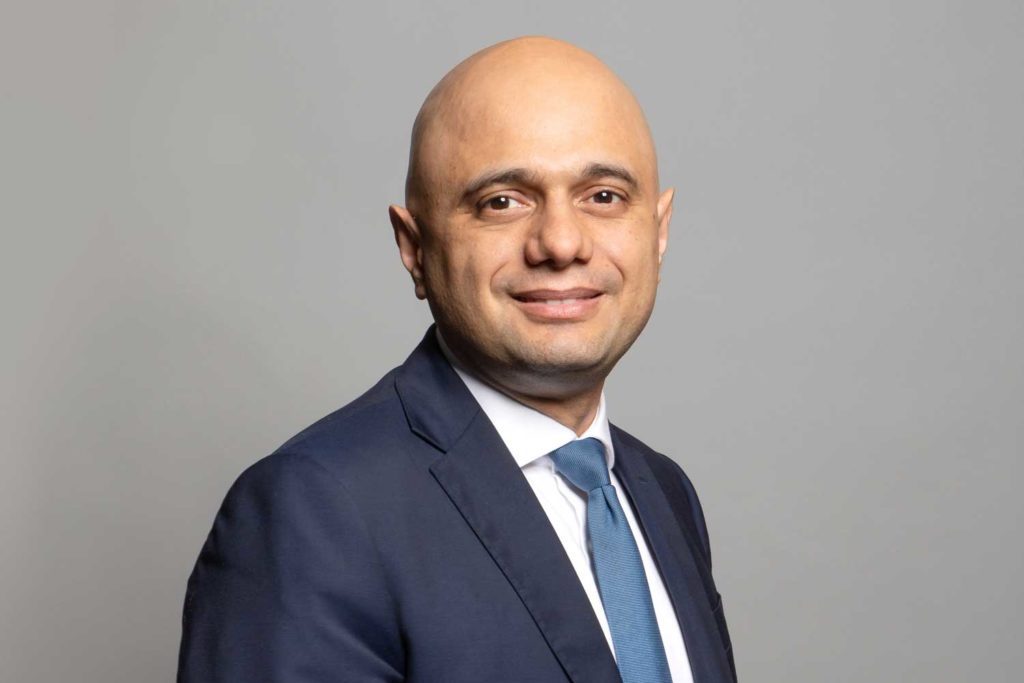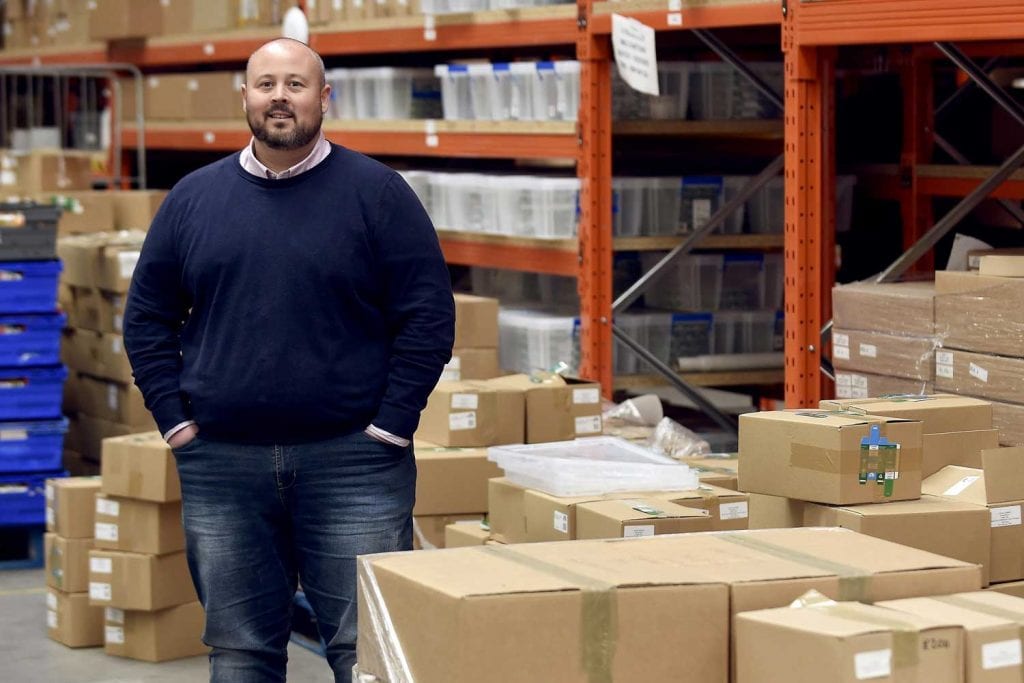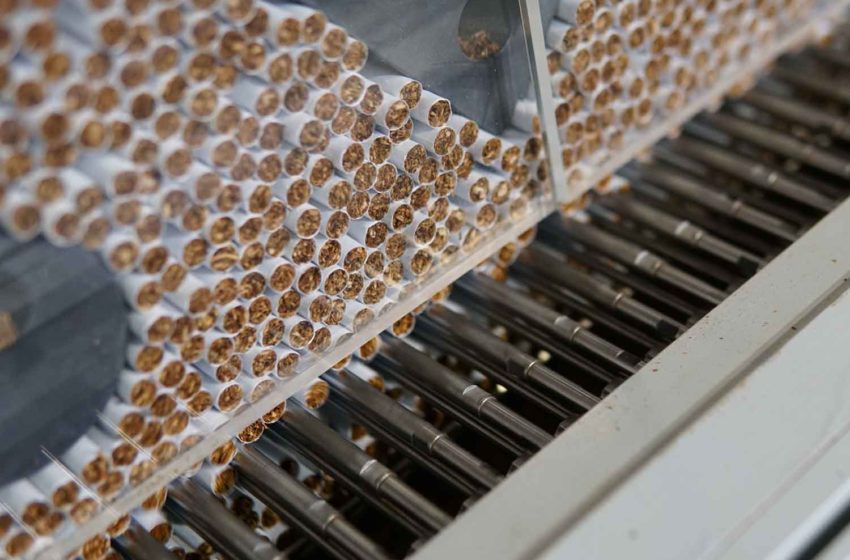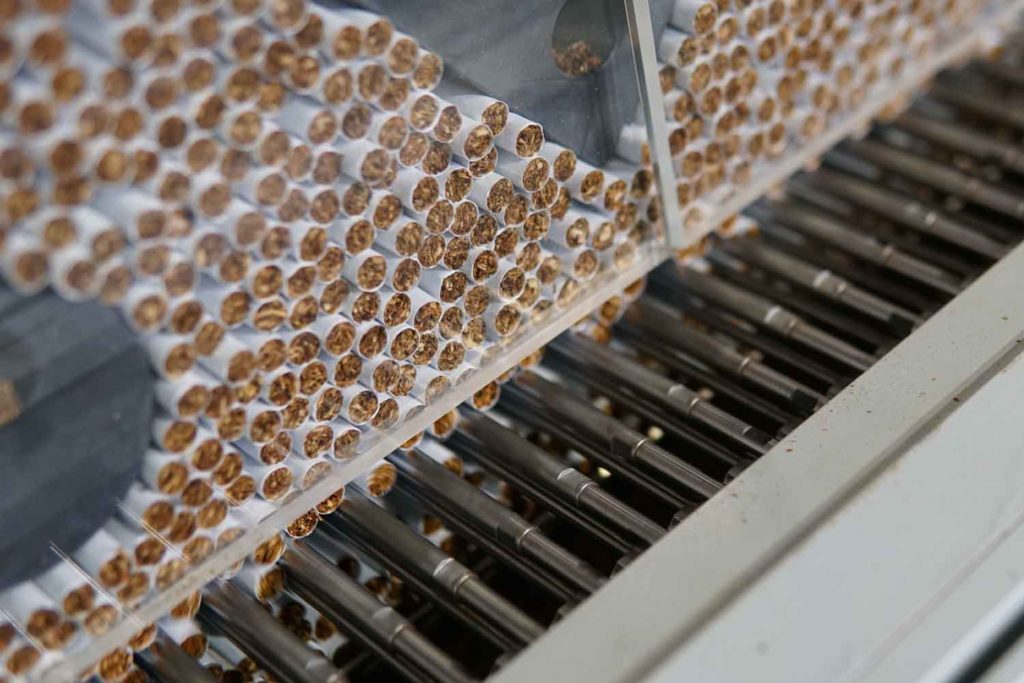
Brazil leaf tobacco sector “inaugurated” the tobacco harvest on Oct. 28 in the Faxinal de Dentro district of Rio Grande do Sul. Promoted by the Secretariat of Agriculture, Livestock and Rural Development, the festivity is an official event of the state government and relies on support from the Interstate Tobacco Industry Union (SindiTabaco), Tobacco Growers’ Association of Brazil (Afubra) and the municipal administration of Vale do Sol.
Speaking during the ceremony, SindiTabaco President Iro Schunke said the inauguration of the harvest, held on Tobacco Growers’ Day, is an excellent opportunity to acknowledge tobacco farmers’ social and economic contributions.
“Approximately 10 percent of all Rio Grande do Sul exports last year consisted of tobacco shipments,” he said in a statement. “Several mayors report that, after the arrival of tobacco in their municipalities, things changed for the better, seeing that there was an increase in tax collection for the benefit of all citizens.”

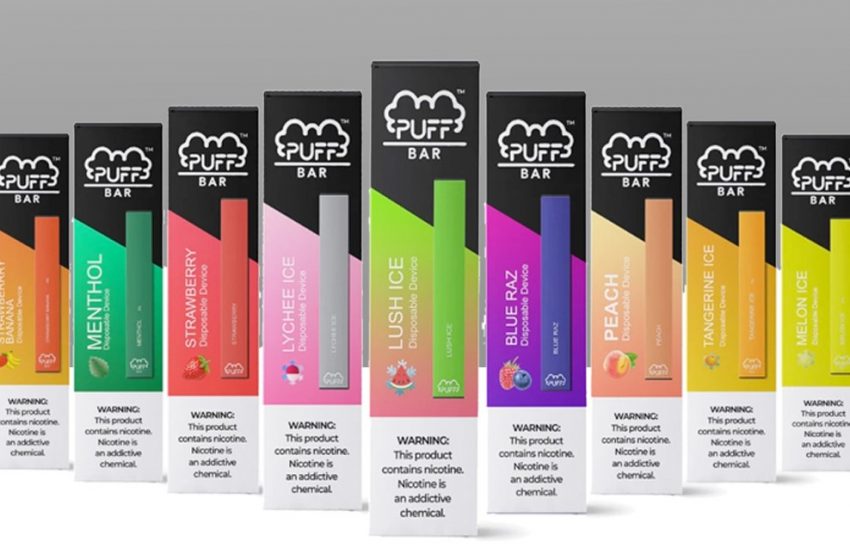
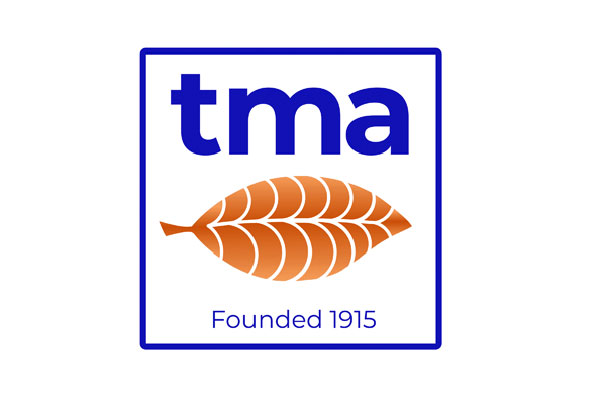
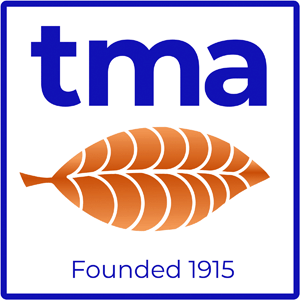 TMA will hold a virtual annual conference on Nov. 16-17, TMA 2021: From Chance to Change. As the industry has been challenged in many ways this year, TMA believes it is important to share insights among all stakeholders to equip its audience and members with the understanding and information necessary to successfully navigate the changes that lie ahead. TMA 2021 will feature two half-day interactive virtual sessions with keynotes from regulatory leaders and panel discussions from industry and stakeholder thought leaders that covers everything from Food and Drug Administration policy, marketing denial orders, product authorization pathways (PMTA, SE, MRTP, exemptions) and global trends that may surface in the U.S. and vice-versa.
TMA will hold a virtual annual conference on Nov. 16-17, TMA 2021: From Chance to Change. As the industry has been challenged in many ways this year, TMA believes it is important to share insights among all stakeholders to equip its audience and members with the understanding and information necessary to successfully navigate the changes that lie ahead. TMA 2021 will feature two half-day interactive virtual sessions with keynotes from regulatory leaders and panel discussions from industry and stakeholder thought leaders that covers everything from Food and Drug Administration policy, marketing denial orders, product authorization pathways (PMTA, SE, MRTP, exemptions) and global trends that may surface in the U.S. and vice-versa.


